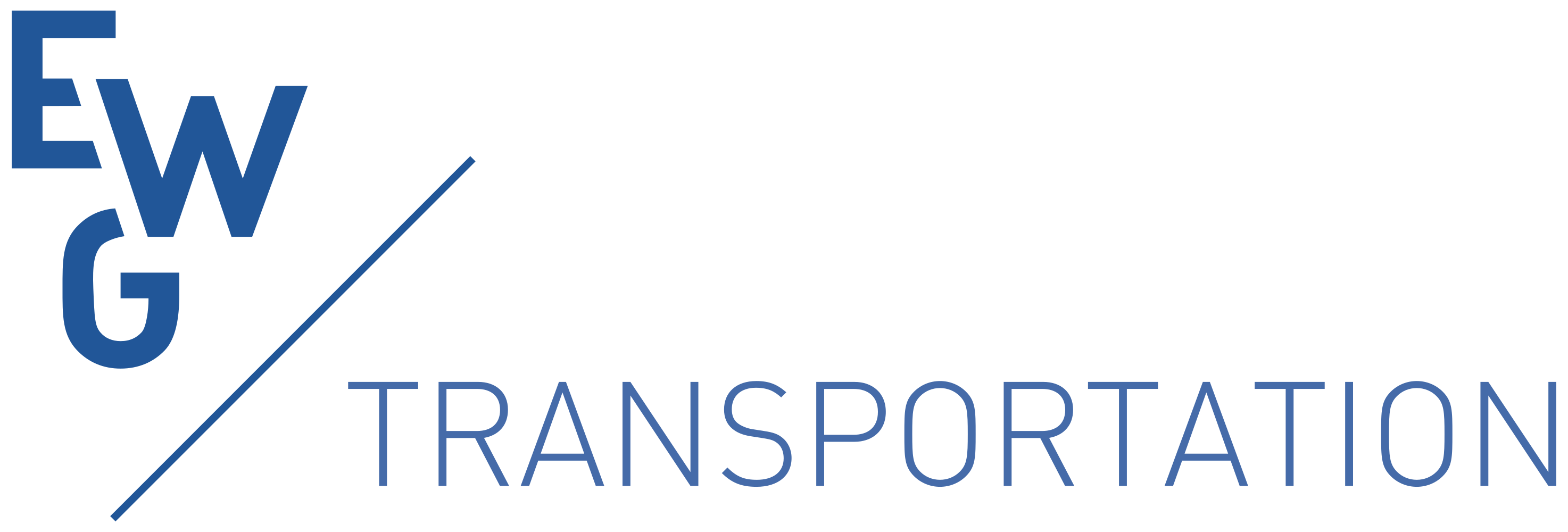We are please to announce the following courses @ MIT managed by prof. Moshe Ben-Akiva
Discrete Choice Analysis: Predicting Individual Behavior and Market Demand
June 24-28, 2024
The course covers: alternative models including Logit, Probit, Nested Logit, Multivariate Extreme Value, discrete and continuous Logit Mixtures and Hybrid Choice Models; and alternative estimation methods including simulated maximum likelihood, Hierarchical Bayes, instrumental variable methods and random effects in panel data. Recent additions to the course include “Foundations of Stated Preference Elicitation: Consumer Behavior and Choice-based Conjoint Analysis” by Moshe Ben-Akiva, Daniel McFadden and Kenneth Train, estimation of flexible model specifications using machine learning methods and online applications for optimization and personalization. Each day of this course consists of lectures followed by a computer lab to apply the lectured methods with open source software and data sets. Initial lectures and lab session review required fundamental concepts.
The course is intended for both academics and professionals. One full-tuition scholarship will be awarded to an outstanding doctoral student with an application deadline of April 30, 2024. Partial scholarships (50%) are available for junior faculty, postdocs, and doctoral students.
Transportation Networks and Smart Mobility: Methods and Solutions
July 29 – August 2, 2024
This course presents newly developed data analytics, models and simulation tools for use in the planning, design, and operations of transportation systems including Intelligent Transportation Systems, Smart Mobility, public transportation and emerging modes, freight and e-commerce, and congestion pricing. Methods covered include: traffic simulation, static and dynamic network models, equilibrium and dynamic algorithms, passenger and freight demand and user behavior, passenger and freight sensing, machine learning applications, data fusion to estimate origin to destination flows, calibration and validation of simulators, and online platform for prediction, optimization and personalization of smart mobility.
This course is intended for individuals interested in theory, research and practice, including: professionals in the mobility industry, transportation consulting, planning and related government agencies, PhD students in transportation systems, civil engineering, economics, planning and urban mobility, traffic engineering, systems engineering, operations management and control systems.
One full-tuition scholarship will be awarded to an outstanding doctoral student with an application deadline of June 30, 2024. Partial scholarships (50%) are available for junior faculty, postdocs, and doctoral students.
